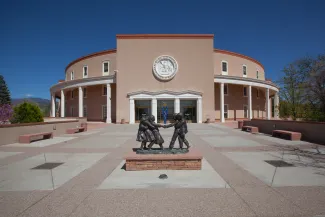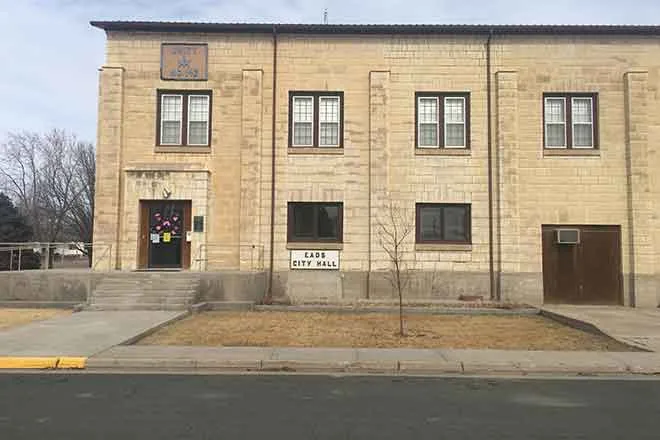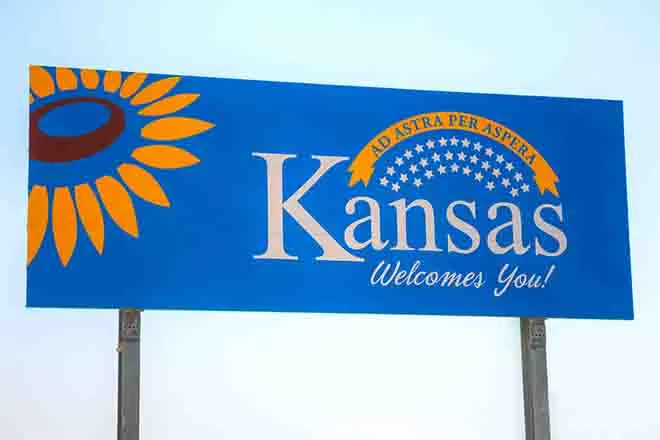
New Mexico becomes first state to adopt 'universal child care'
© monkeybusinessimages - iStock-684060608
Click play to listen to this article.
New Mexico families are expected to save thousands of dollars on child care in the coming years, as the Land of Enchantment becomes the first state to adopt universal child care.
U.S. Department of Labor data from 2022 show families across the country spent anywhere from 9 percent to 16 percent of their median income for full-day care for one child. The estimate is 11 percent of a New Mexico family's income, according to the finance website WalletHub.
Jacob Vigil, chief legislative officer for New Mexico Voices for Children, said getting agreement on the system from children's advocates and state policymakers is a huge milestone.

© jdwfoto - iStock-1487999298
"Beginning November 1, there will be no more income requirements for subsidized child care," said Vigil, "and then also, what will come into effect is what they're calling the 'enhanced reimbursement rate.'"
Higher reimbursement rates are intended to help providers cover costs, recruit and retain staff and improve the quality of child care. By paying a higher wage to caregivers, Vigil said the state hopes to recruit more home-based providers.
Child care assistance funds from the state will go directly to providers selected by parents, with rates of reimbursement based on the age of the child, the care facility and the quality of care. Vigil said it should relieve significant financial pressure now faced by many New Mexico families.
"The cost of child care being what it is," said Vigil, "having that no longer be a worry is just a huge economic boon, allowing them to save more money, have more housing stability, things like that."
In making the announcement, Governor Michelle Lujan Grisham said the program would save the average family about $12,000 per year, per child.
The state estimates it needs 5,000 more early childhood professionals to make the new system work, but doesn't expect to have all of them in place when the program begins November 1.
















